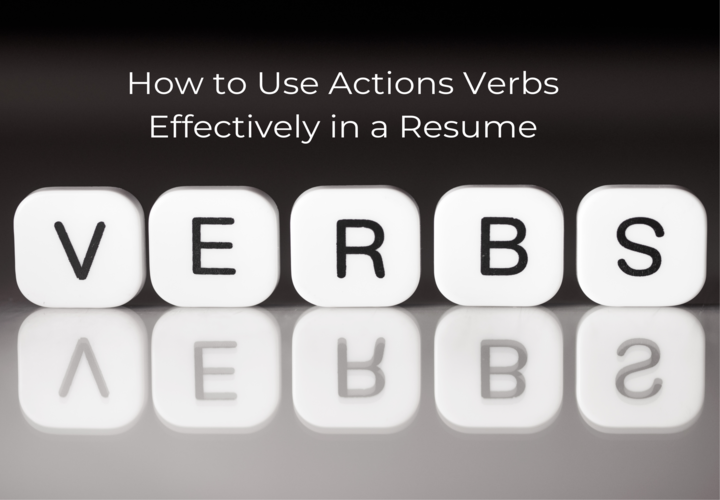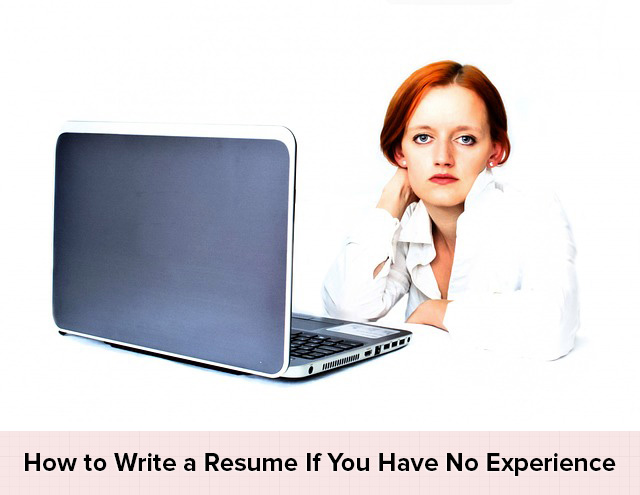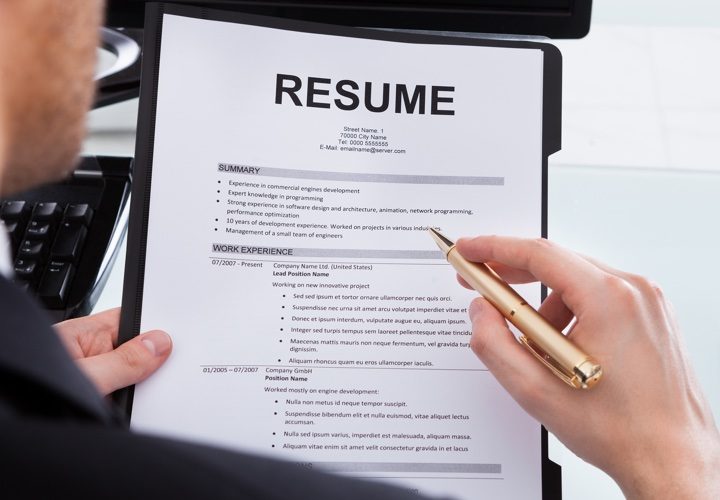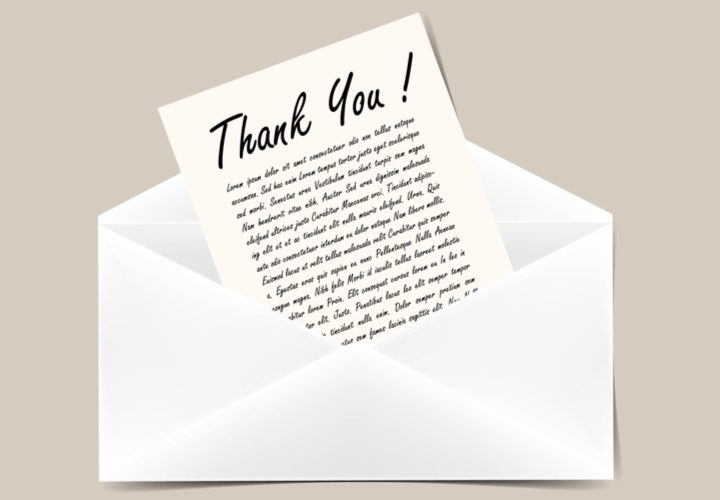Figuring out how to make the best resume can feel like trying to solve a tricky puzzle. The basics are understood by most: past jobs, qualifications, and skills. But a small but influential part is often overlooked – the words we choose, especially the strong action words.
Why does the choice of action verbs matter in your resume? This detailed guide explores the world of action verbs, showing powerful examples and illustrating how to use them to craft an outstanding resume.
Understanding action verbs
Imagine immersing yourself in a good book. A common element binds it all together: the author’s use of action verbs. These energetic words make the sentences come alive, creating a clear picture for the reader. They play a similar role in your resume, transforming it from a bland list of tasks into an engaging story of your professional journey.
Action verbs are words that describe a specific action or task. When you use them in a resume, they show potential employers that you are confident and skilled. These words can make your resume stand out, showing you have the skills and experience to do well in your desired job.
In contrast to passive verbs (like ‘was’ and ‘had’), action verbs (such as ‘orchestrated’ and ‘engineered’) highlight your achievements and present prospective employers with a clear image of your capabilities. But how do you choose the most effective action verbs for your resume?




